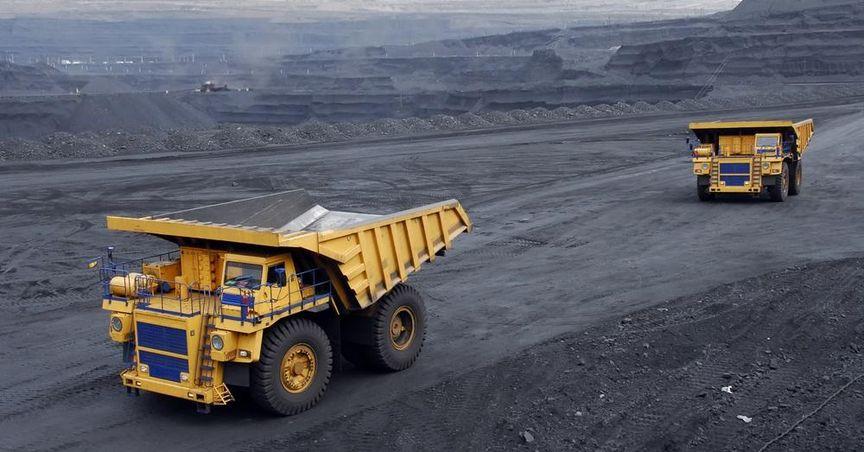Highlights
Queensland introduces a Mining and Resources Coroner role to reinforce safety investigations in the sector
Wayne Pennell appointed as Coroner, backed by decades of policing and legal experience
Safety reforms extend to comprehensive regulatory reviews, including leadership appointments
The mining and energy sector, represented by companies including Glencore (ASX:GLEN), is undergoing structural safety reform in Queensland following the reintroduction of a specialised Mining and Resources Coroner. This sector, which plays a significant role across key indexes including the asx 200, continues to experience regulatory adjustments as part of broader efforts to enhance on-site safety oversight.
Appointment of a Dedicated Mining and Resources Coroner
Barrister Wayne Pennell has been named Queensland’s first Mining and Resources Coroner in over two decades. He will operate initially from Brisbane, transitioning to Mackay as part of the long-term strategic rollout. The role is structured to lead coronial investigations across mining, quarry, gas, and petroleum sites, addressing incidents that result in fatalities.
Prior to legislative changes formalising the position within the Coroners Act 2003, Pennell will carry out general coronial responsibilities. His work is anticipated to support both investigative capacity and procedural clarity within the mining sector's safety landscape.
Industry Accountability and Government Oversight
The Attorney-General and Minister for Justice emphasised the expanded responsibilities of the newly formed office. Pennell will conduct inquests and issue official recommendations with full coroner authority. The move aims to alleviate existing caseload pressures in the justice system while focusing on industry-specific incidents.
The Minister for Natural Resources and Mines reinforced the initiative as a reinstatement of a previously disbanded layer of accountability, pointing to historical gaps left after the closure of the Mining Warden’s Court. According to the Minister, the establishment of a specialised role reflects a strong commitment to safety within resource operations.
Safety Performance and Sector Recognition
Recent national workplace safety data outlined mining-related incidents across Australia, with the sector maintaining lower comparative fatality rates relative to other industries such as construction and agriculture. Despite this, consistent safety focus remains a core concern, particularly in states with heavy resource activity like Queensland.
Recognition of safety efforts within the industry continues through awards such as the Masters of Mining 'Excellence in Safety Shield,' presented to Russell Mineral Equipment. This acknowledgement highlights sustained dedication to health and safety frameworks by entities operating under strict workplace protocols.
Expansion of Oversight Through Leadership Appointments
Further steps toward improving the sector’s safety include the recent appointment of Ken Singer as interim Commissioner for Resources Safety and Health. This comes after a prolonged vacancy under the previous administration. Singer will oversee a review into the state’s resource safety framework, including assessment of Resources Safety and Health Queensland (RSHQ) and related advisory committees.
The review will assess whether RSHQ and its leadership structure are aligned with the goal of safeguarding workers in resource-intensive environments. With ongoing reforms, Queensland aims to embed a culture of transparency and accountability across the mining and energy industries, with companies like GLEN.AX remaining under close observation amid evolving regulatory expectations.
These actions follow a broader state strategy to strengthen institutional response mechanisms, improve operational transparency, and uphold worker safety as a fundamental priority across Queensland’s mining sites.


_06_24_2025_03_45_59_650550.jpg)



